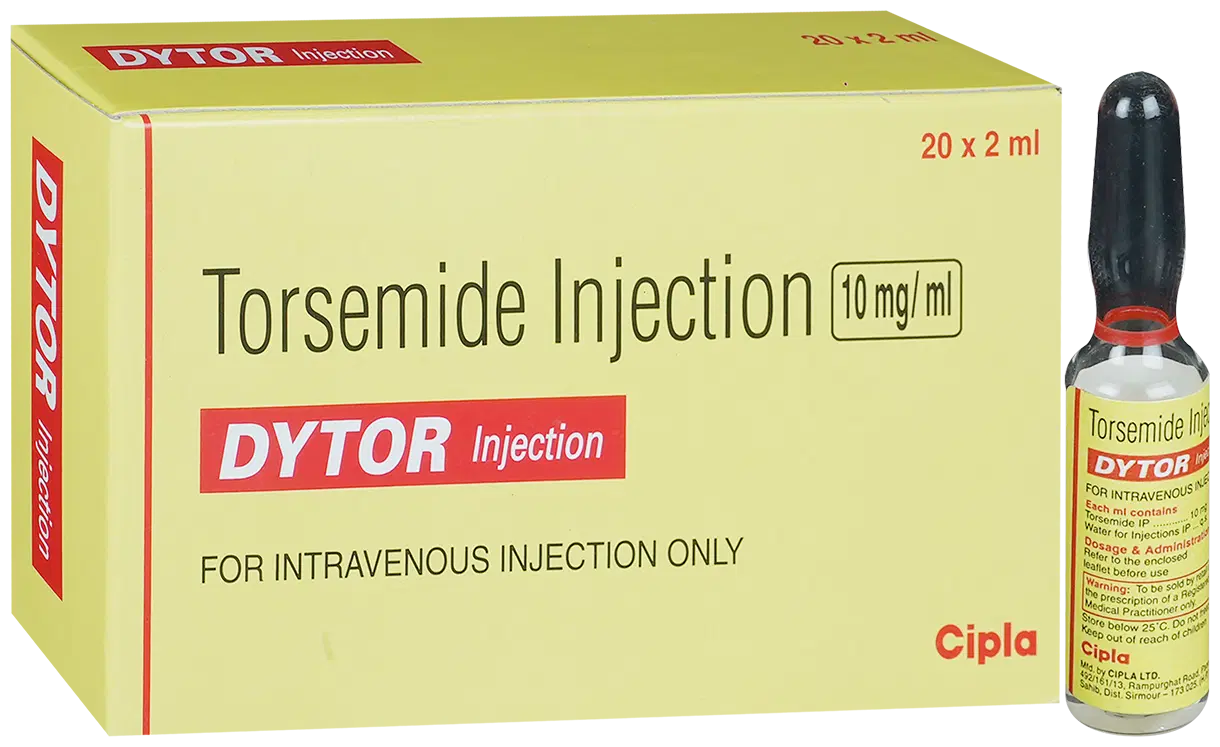Nartograstim
Nartograstim is a recombinant human granulocyte-colony stimulating factor (rHuG-CSF) used to stimulate the production of white blood cells in the bone marrow. It is a synthetic version of the natural hormone that regulates the growth and development of neutrophils, a type of white blood cell crucial in fighting infections.
Nartograstim is prescribed for patients undergoing chemotherapy or radiotherapy to reduce the risk of infection, particularly when the white blood cell count is low. It is also administered to patients with certain types of cancers, such as leukemia, to improve their white blood cell count after treatment.
In addition to cancer patients, nartograstim is used for people with neutropenia (low neutrophil count), whether congenital or acquired. Neutropenia increases the risk of infections, so raising the neutrophil count is essential for maintaining overall health and fighting off infections.
Nartograstim injections are typically given subcutaneously (under the skin) according to a specific dosing regimen established by the healthcare provider. The duration of therapy depends on the individual’s medical condition, response to treatment, and other factors.
While nartograstim has demonstrated significant benefits in improving white blood cell count, patients should be aware of potential side effects such as bone pain, muscle pain, headaches, and fatigue. These symptoms are usually mild and resolve with time or medical intervention.

Showing the single result
Showing the single result

